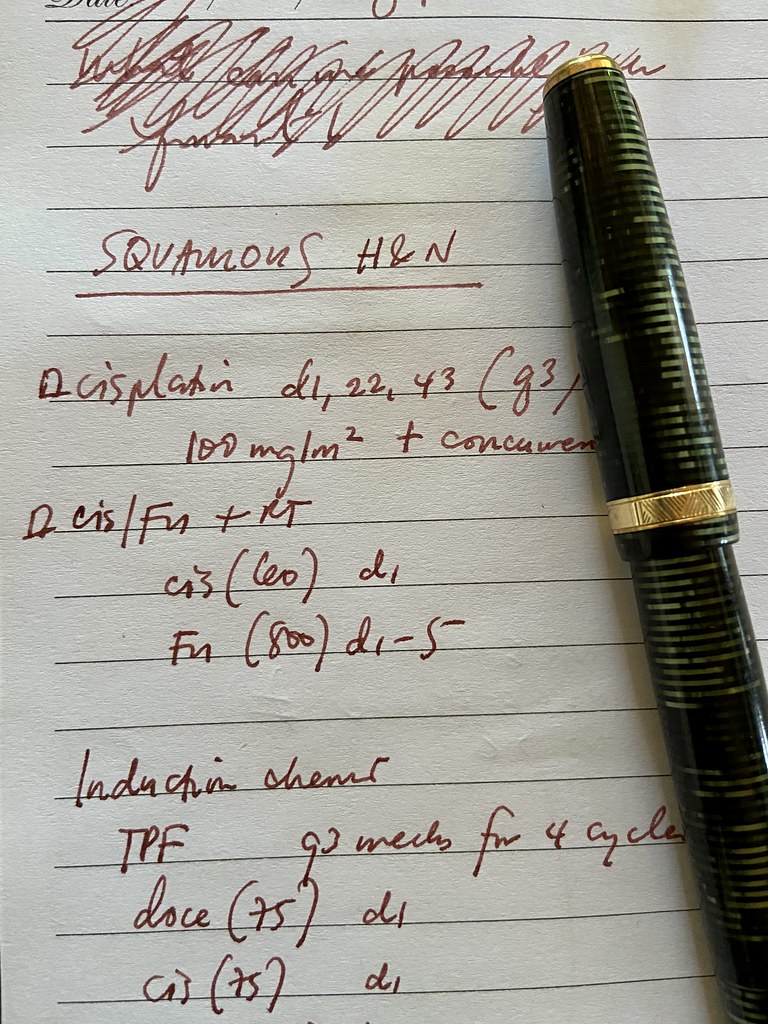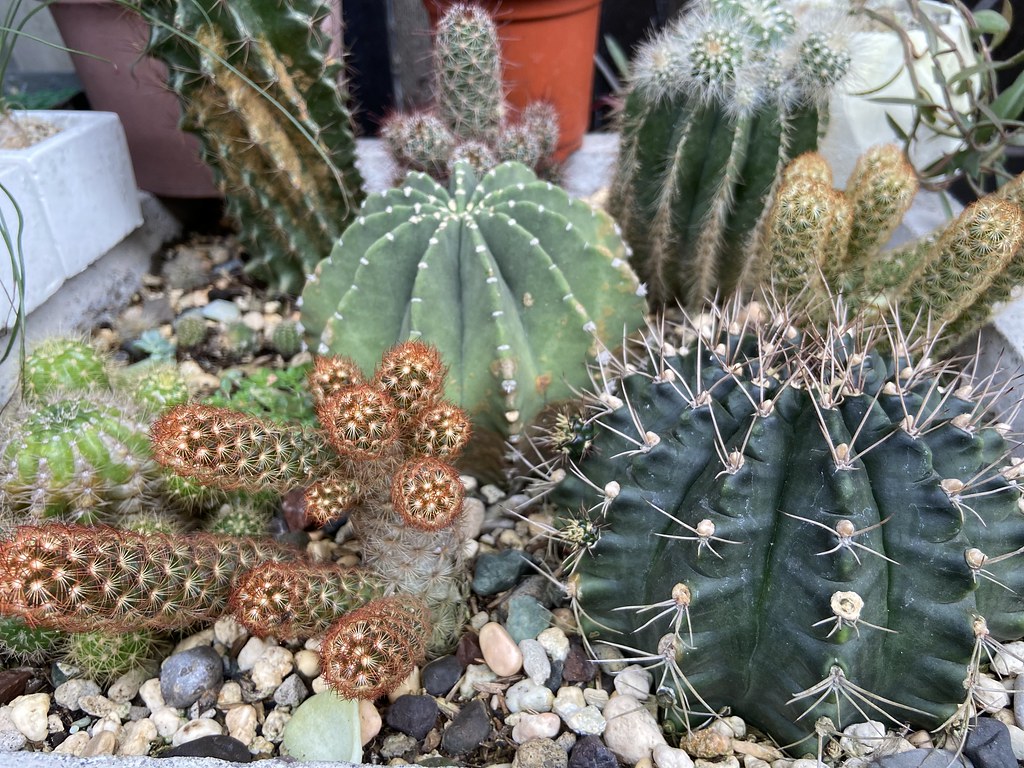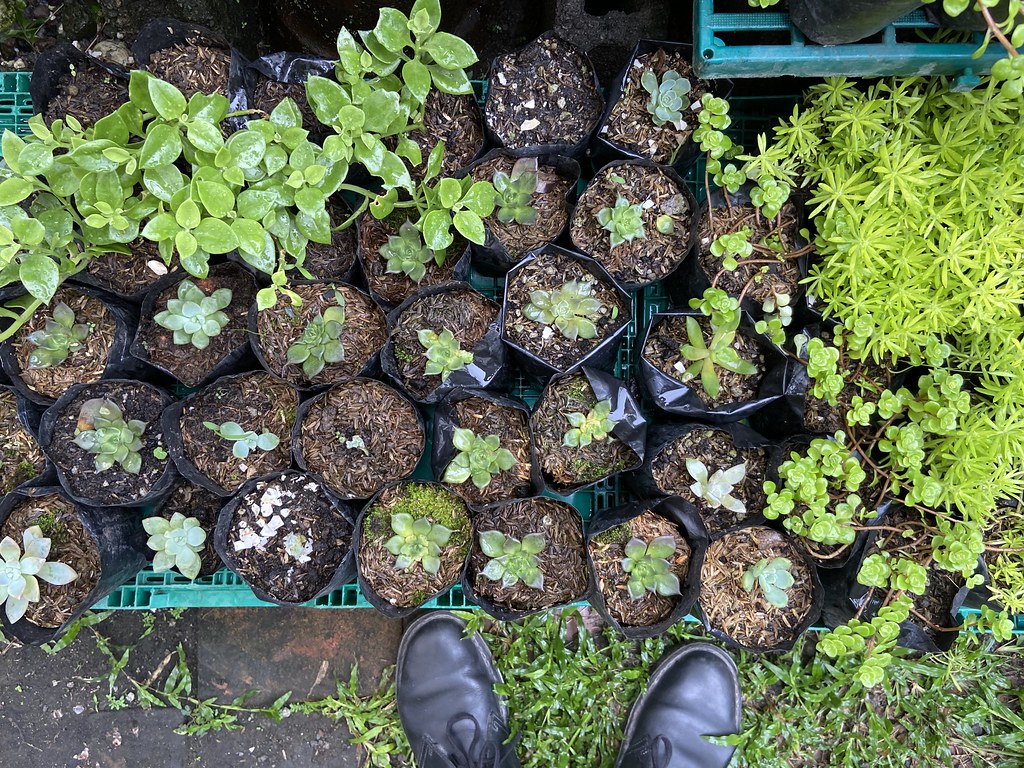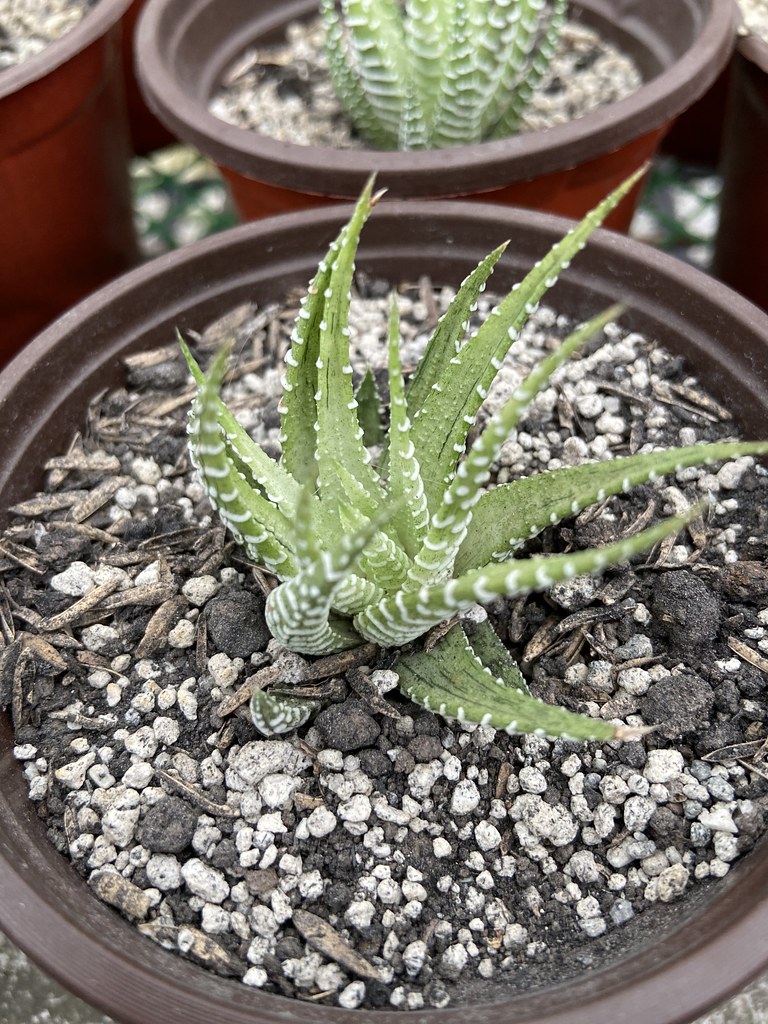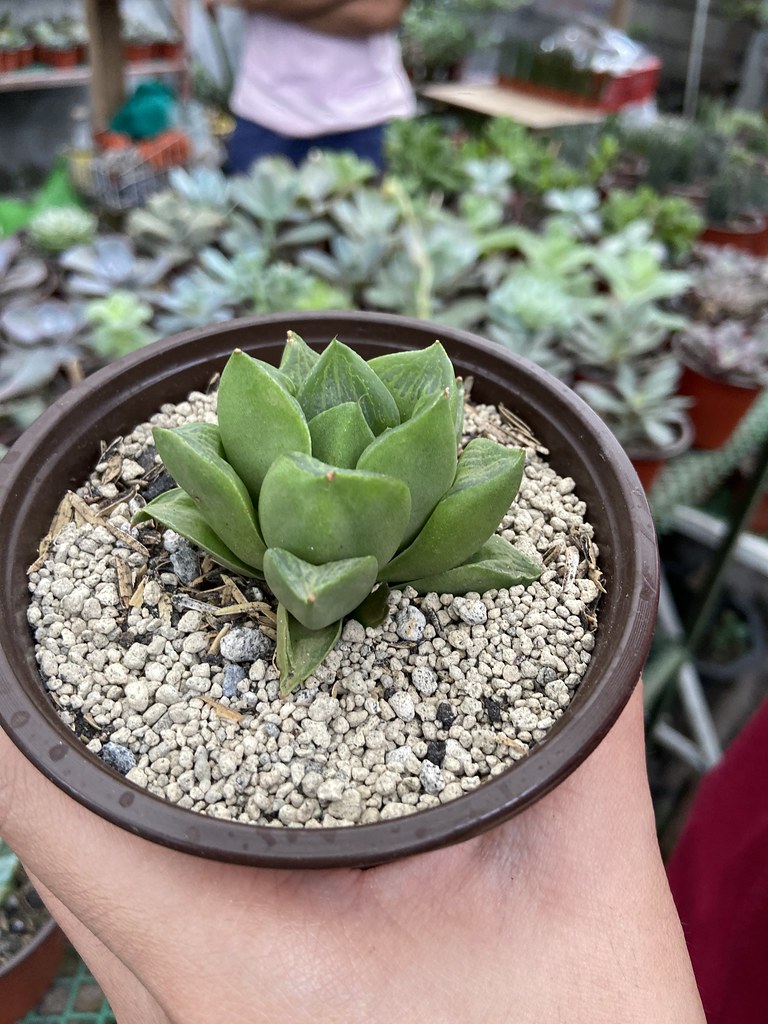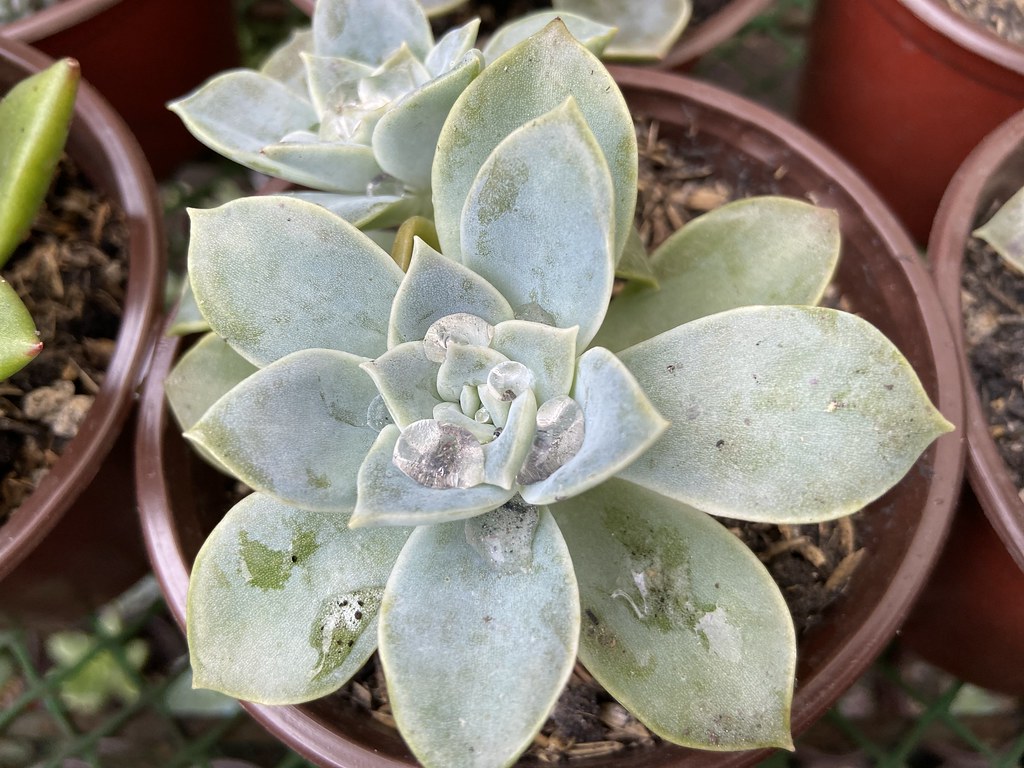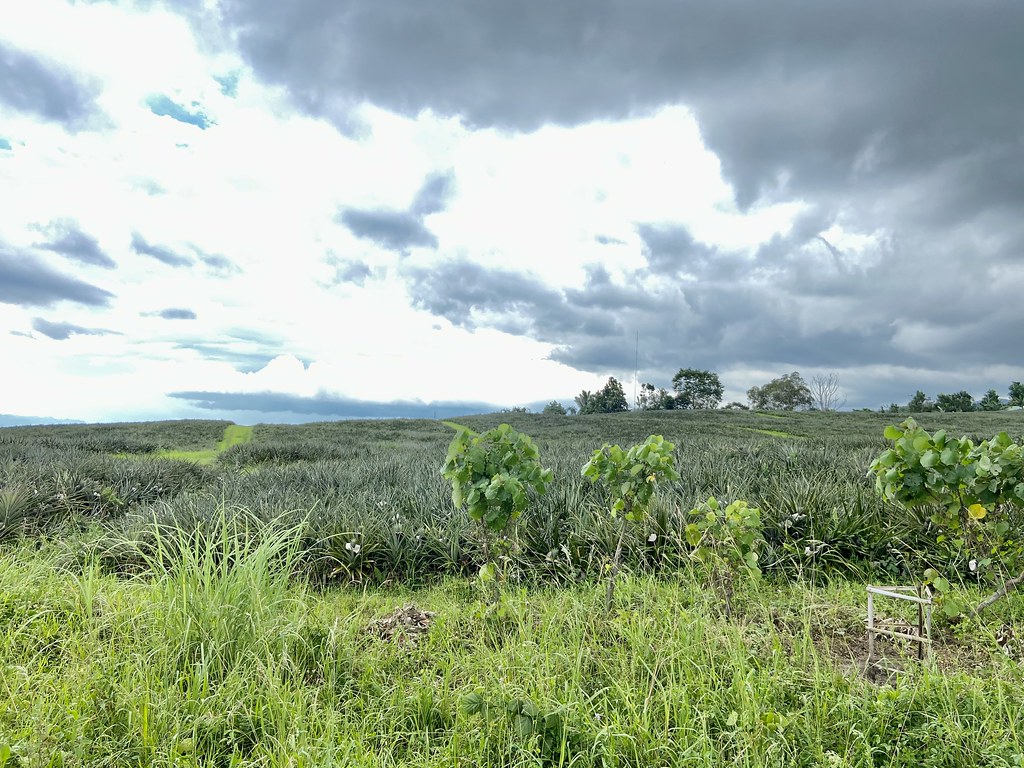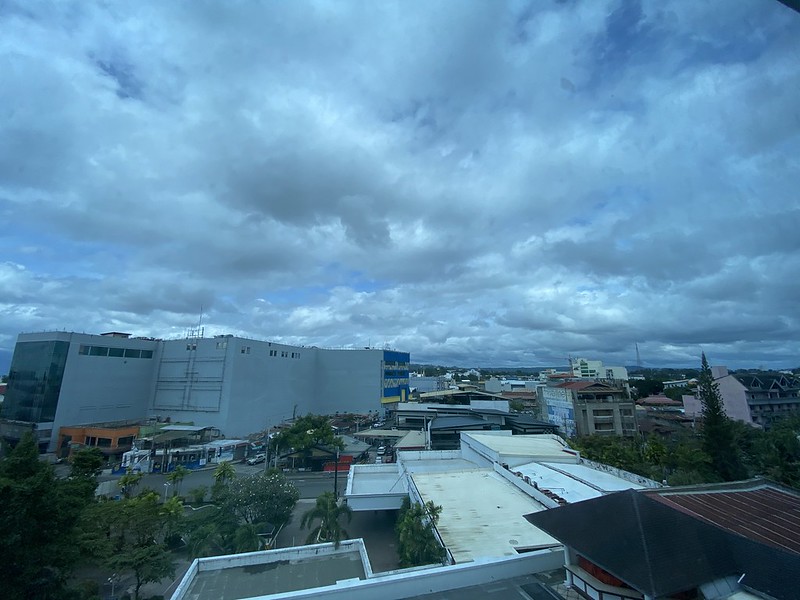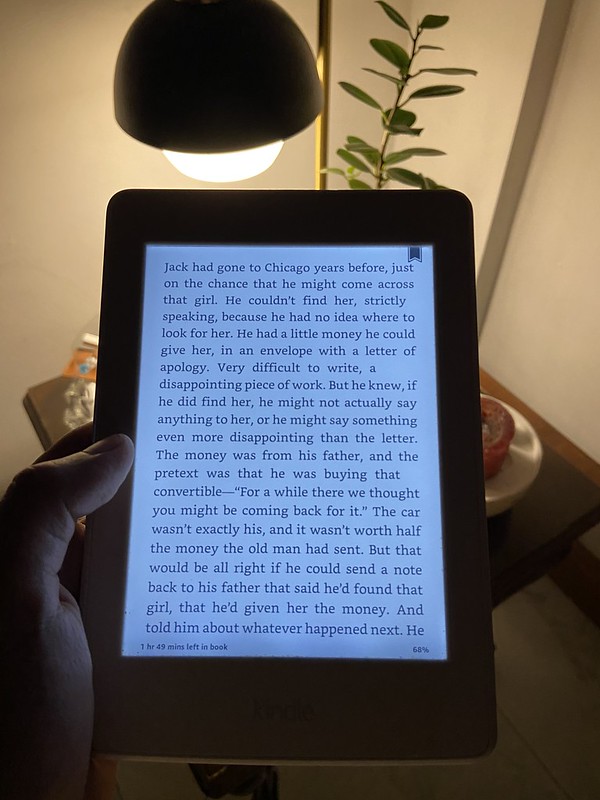After breakfast, a doctor-friend picks me up to bring me to a hospital not far from where I live. His sister has brain tumor. Since day one of chemo, she hasn’t had seizures or headaches. My heart rejoices, cautiously and prayerfully.
When I come back to the city just before lunch time, I visit my high school classmate, admitted for another chemo cycle. She smiles, groggy from the sedatives. The breast mass is shrinking. Most of the day, she feels no pain. I caution about constipation, but she assures me she eats papaya as laxative. I say, See you in three weeks.
In the clinic, my high school PE teacher—my elementary classmates’ mother, a church mate’s best friend, my colleague’s aunt—hands me her biopsy result, confirming that the tumor is malignant. I promise her I’d give her a dose of sedative to calm her nerves on her first chemo next week.
At 5:30 PM, we head to Golden Valley. With me are my brothers and Hannah, Sean’s girlfriend. Sweaty and breathless after jogging along the perimeter, we visit Tatay’s grave. Sean clears the overgrowth. In our silence, we express how much we miss our father.
As I walk back to the car, I begin to glimpse at what may be God’s purpose for bring Tatay to glory on May 20, 2018, just a few months after I began subspecialty training in medical oncology. Cancer hits the hardest when it’s closer to home—I get this now. I understand, in clearer terms, what my patients and their families go through. The tears cried in secret, the agony of waiting for the next scan, the assurance of mortality.
My family and I pray for my patients as we say grace during dinner. “Lord, heal them.”
Labels: medicine




